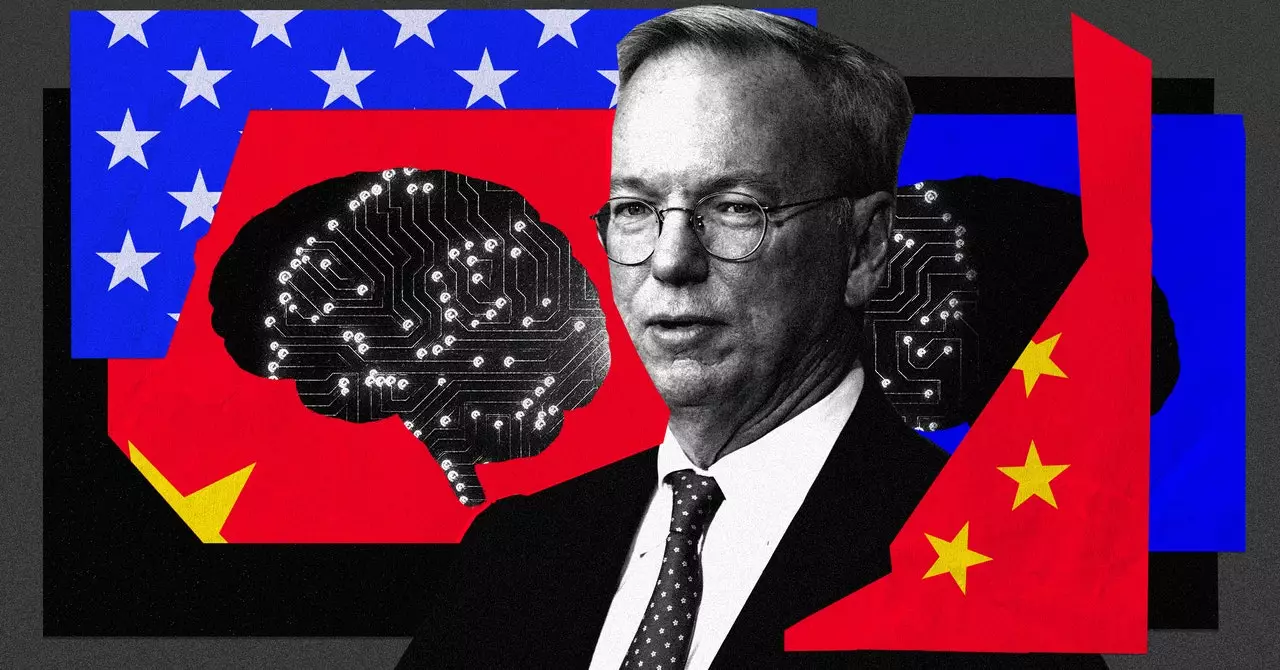In recent years, Eric Schmidt, the former Google CEO and executive chairman, has found himself at the center of controversy regarding his connections to China’s artificial intelligence (AI) industry. The National Security Commission on Artificial Intelligence (NSCAI), chaired by Schmidt, issued warnings about China’s use of AI to advance an autocratic agenda. However, it was revealed that Schmidt was also seeking personal connections to China’s AI industry during a visit to Beijing, raising questions about his true intentions.
Philanthropic Ventures and Business Dealings
Schmidt’s philanthropic venture, Schmidt Futures, was involved in asking NSCAI employees for potential AI engagements in China. This request for information on interesting companies in Beijing raises concerns about the overlap between Schmidt’s philanthropic efforts and his business dealings. Furthermore, tax filings show that the Eric and Wendy Schmidt Fund for Strategic Innovation invested millions of dollars in a fund that ultimately supports Chinese tech and AI companies. This connection highlights the complex interplay between philanthropy, business interests, and national security concerns.
The interactions between Schmidt and China’s AI industry underscore the paradoxical relationship between the United States and China. While the NSCAI warns about China’s use of AI for autocratic purposes, Schmidt’s personal connections and investments in Chinese tech firms raise questions about the extent of collaboration and interdependence between the two countries. The dynamics between these two global superpowers reveal a complex web of rivalry, interdependence, and conflicting interests.
The revelations about Schmidt’s involvement in China’s AI industry point to the need for greater transparency and accountability in the tech sector. As AI technologies become increasingly intertwined with national security and geopolitical concerns, it is essential for industry leaders to disclose their connections and potential conflicts of interest. In a rapidly evolving digital landscape, where AI has the power to shape societies and economies, transparency and ethical considerations are more crucial than ever.
Looking Towards the Future
As the relationship between Eric Schmidt and China’s AI industry continues to unfold, it is essential for policymakers, regulators, and the public to closely monitor these developments. The influence of technology giants on global affairs cannot be underestimated, especially when it comes to sensitive issues such as AI and national security. By fostering greater transparency, accountability, and oversight, we can strive towards a future where ethical considerations guide the development and deployment of AI technologies for the benefit of all.


Leave a Reply